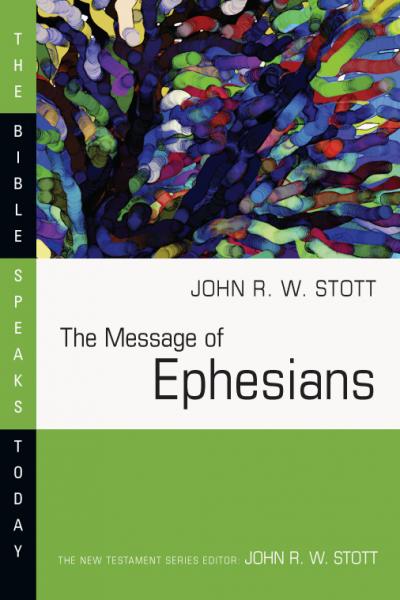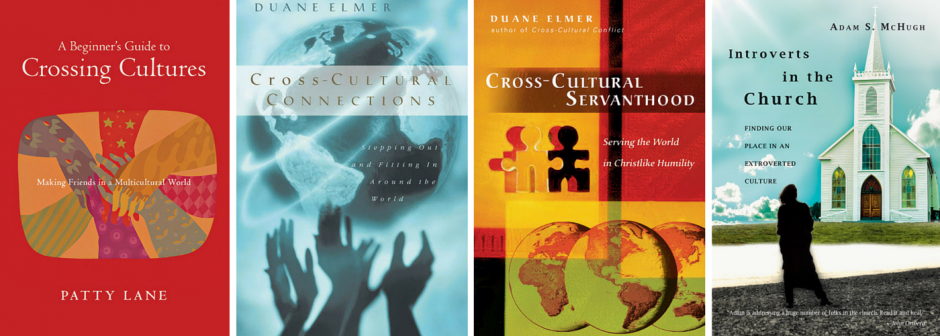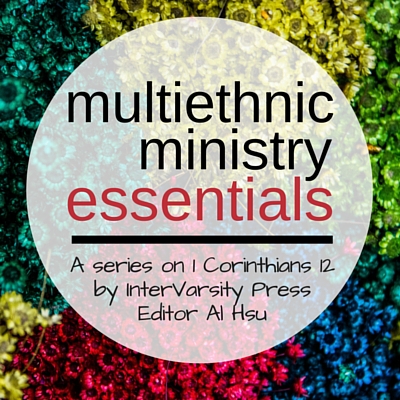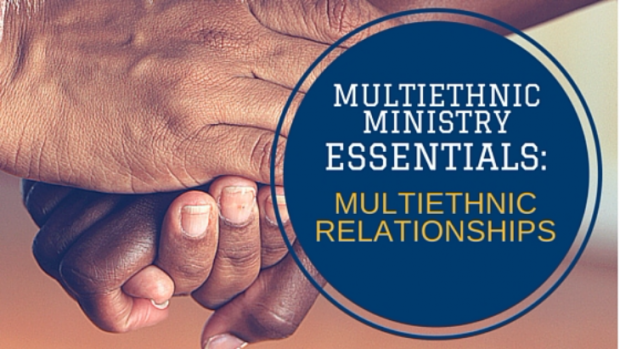Take a look at your hands and fingers.
Now wiggle your fingers. Back and forth. Isn’t that amazing?
Think about it: Your eyes see your hands. Your brain sends signals through your nervous system, down your arm, activating your muscles in your fingers. Held together with ligaments and joints and tendons, fed by a digestive system, nourished through blood vessels, empowered by heart and lungs and everything else. All these parts work together. So we can wiggle our fingers. Each body part connects and interacts with others.
 Becoming One Body
Becoming One Body
For our multiethnic communities to thrive like Paul describes in 1 Corinthians 12, it is essential that we grow in multiethnic relationships. We can’t just focus on ourselves as individuals and our own ethnic identity. The body parts have to connect. We need to relate well with others across racial and ethnic lines. We need to cross cultures and learn to practice racial reconciliation. Verse 25 says, "...there should be no division in the body..." Ephesians 2 says Christ broke down the dividing wall of hostility between Jew and Gentile, to forge a new humanity. In his commentary on Ephesians, John Stott calls it God’s new society.
The employees at InterVarsity Press need to relate well to each other to publish our books. If the whole body were a proofreader, where would the distribution be? If the whole body were in the customer contact center, where would the design work be? The publicist cannot say to the copyeditor, I don’t need you! When the network goes down, we realize how much we depend on folks in IT!
Learning to Cross Cultures
Scripture is filled with cross-cultural dynamics:
- Joseph was trafficked to Egypt. He was bicultural, married an Egyptian wife, gave his sons Hebrew names. He was an agent of blessing to both Egypt and Israel.
- Naomi was an expatriate in Moab
- Ruth was an immigrant to Israel. Her cross-cultural marriage with Boaz birthed a biracial son, Obed, an ancestor of the Messiah.
- Timothy had a Jewish mother and a Greek father, himself embodying the reconciliation of Jew and Gentile together in one body, as the first biracial pastor.
God moves his people in cross-cultural encounter, migration, diaspora, exodus. It’s his way of blessing all nations.
God moves his people in cross-cultural encounter, migration, diaspora, exodus. It’s his way of blessing all nations.
InterVarsity’s purpose statement says that we minister to people “of every ethnicity and culture.” We could have just said that our mission is to reach everybody. But intentionally saying “of every ethnicity and culture” makes it concrete, it says that these things are important. Our witness is contextualized and intentional, it’s not one-size-fits-all. And there are practical benefits to multiethnic identity. We can say that multiethnicity is missional. It helps us accomplish our mission to every tribe and tongue.
In business terms, it’s a strategic advantage. Our world is diversifying. 43 percent of millennials are nonwhite. My kids are biracial. If we have better cross-cultural skills, if we understand cultural differences, we relate to our authors better. We relate to our customers better. We relate to each other better. As the world globalizes and our customers diversify, having good intercultural skills is good for business.
When we’re in a mono-cultural environment, things are a certain way by default. But when we cross cultures or displace ourselves into different contexts, we learn that our way isn’t the only way of doing things.
Growing in Cross Cultural Competency
 Our books on cross-cultural dynamics help us navigate cultural differences. A Beginner’s Guide to Crossing Cultures, Cross-Cultural Connections, Cross-Cultural Servanthood. And Introverts in the Church is a cross-cultural book; it shows how introverts do things differently than extroverts. We make space for both. Some people from different cultural backgrounds need more face-to-face time to process, to build relational trust. Efficiency is one cultural value, but it’s not the only one. Sometimes time is more important than task. Sometimes presence is more important than process.
Our books on cross-cultural dynamics help us navigate cultural differences. A Beginner’s Guide to Crossing Cultures, Cross-Cultural Connections, Cross-Cultural Servanthood. And Introverts in the Church is a cross-cultural book; it shows how introverts do things differently than extroverts. We make space for both. Some people from different cultural backgrounds need more face-to-face time to process, to build relational trust. Efficiency is one cultural value, but it’s not the only one. Sometimes time is more important than task. Sometimes presence is more important than process.

Questions for reflection
- What is the condition of the multiethnic relationships in your community? In your city? In your nation?
- How are you and your community growing in crossing cultures? In racial reconciliation?
This is the third of a 4-part series, "Multiethinc Ministry Essentials," where InterVarsity press editor Al Hsu reflects on 1 Corinthians 12 and its implciations for Multiethnic Ministry. You can read all the posts in the series here.


